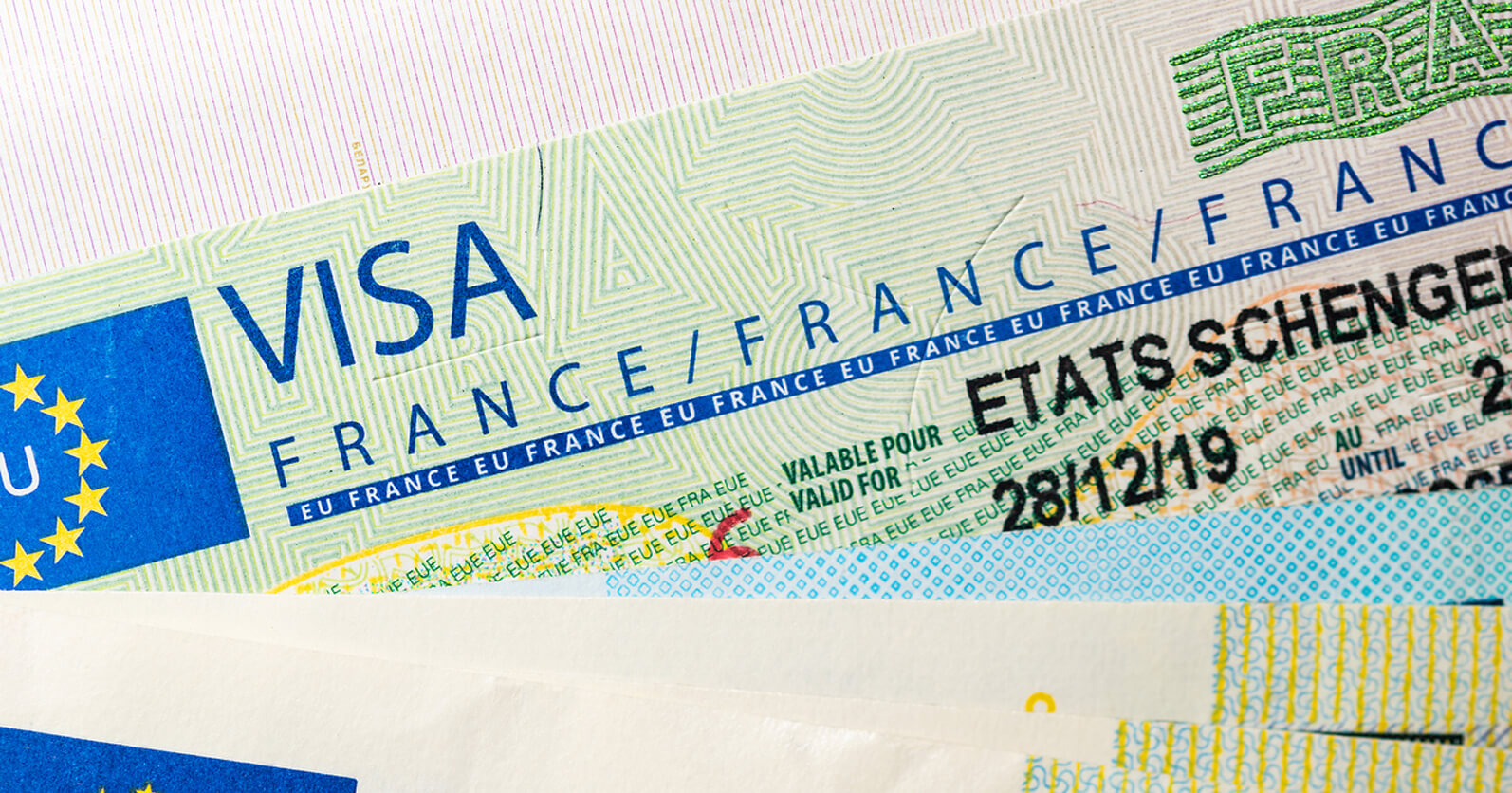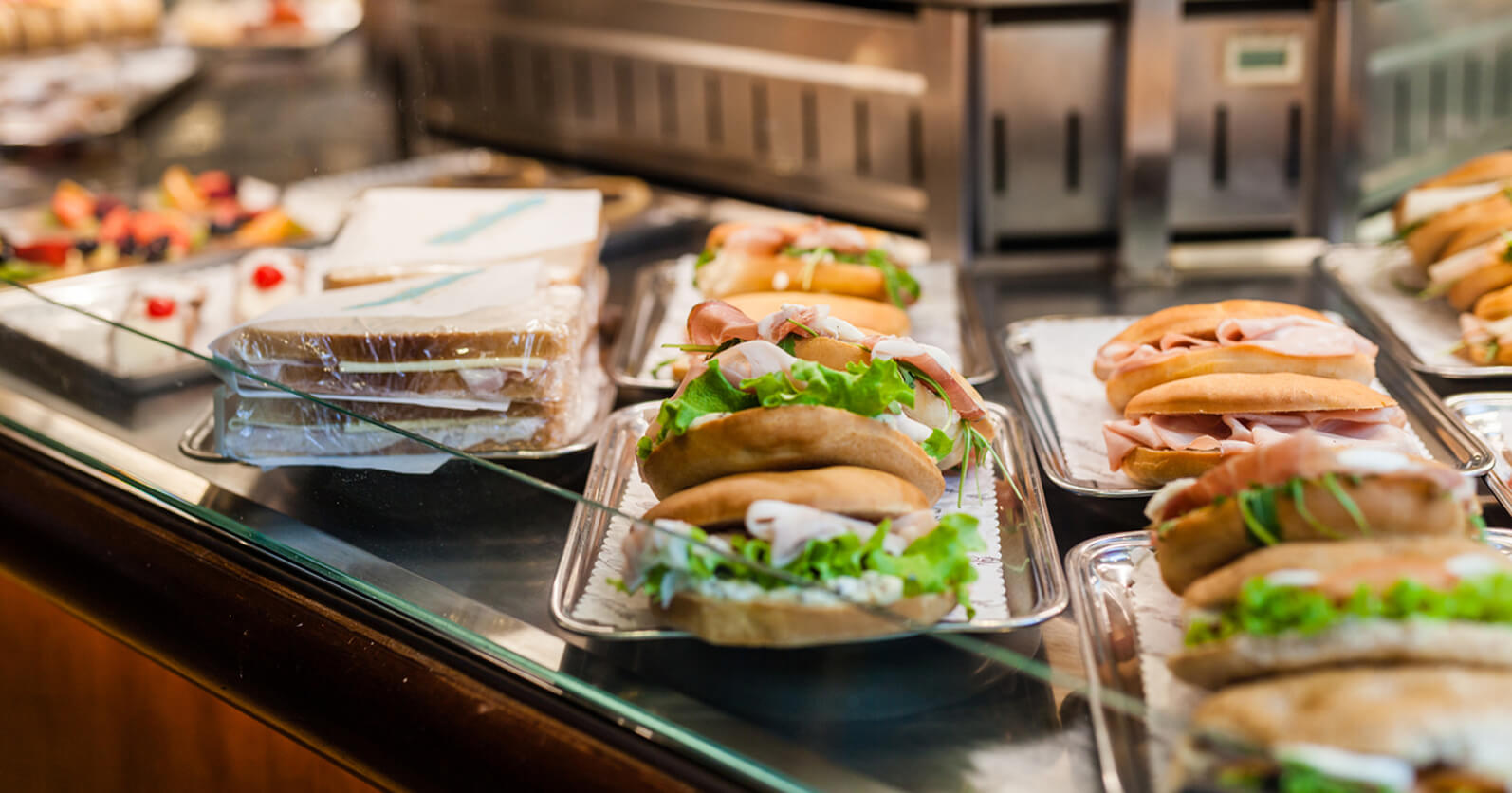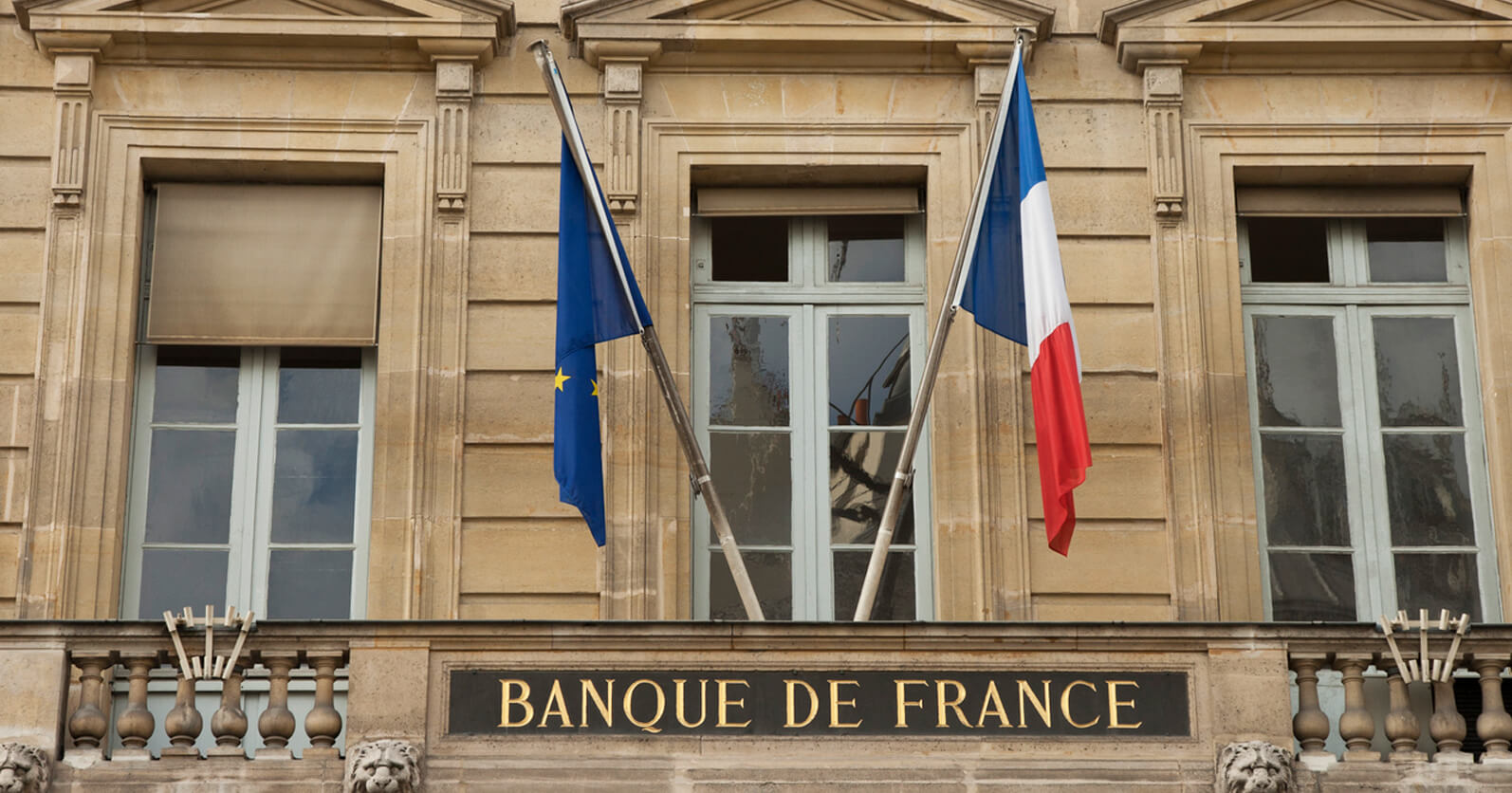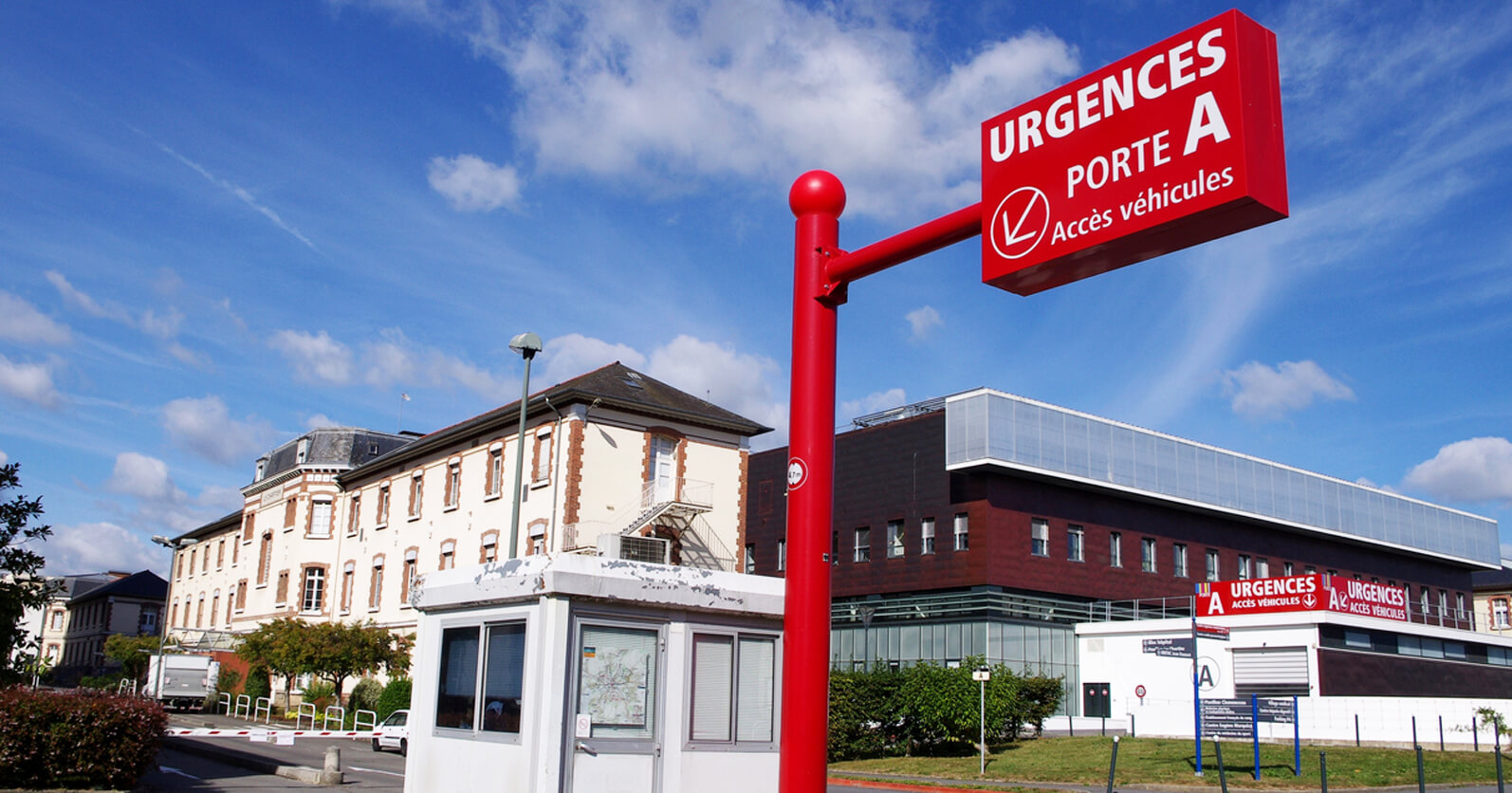
Moving to France: A guide for Filipinos
Interested in moving to France as a Filipino citizen? With its breathtaking sceneries, rich history, exquisite culture and top-notch cuisine, it’s not a surprise that France has become an increasingly popular destination for Filipino tourists and expats.
In fact, France is the most popular tourist destination for foreign nationals across the world. It’s been ranked as the most visited country in the world, with 89.4 million tourists visiting the country in 2019.
If you’re one of the many Filipinos dreaming of moving to France, you might wonder where to even begin. We’ve put together this guide to run you through the different essentials to relocate to France, including the following:
- Information about France
- French visa requirements for Philippine passport holders
- Cost of living in France
- Opening a French bank account
- Finding accommodation in France
- Understanding the French healthcare system
- Sending money from France to the Philippines
About France

Located in Northwestern Europe, France is one of the world’s oldest nations rich in history. The country played a significant role in historical global affairs, forming colonies across different parts of the world.
With a landmass of 547,030 sq km, France is the second-largest country on the continent and is the largest country in Western Europe. Given its size, it borders several countries, including Belgium, Luxembourg, Switzerland, Italy, Monaco, Spain and Andorra, making it an even more attractive country to move to.
As you plan your relocation to France, it’s good to know key facts about the country, including the following:
Official Name: French Republic or République Française
Capital: Paris
Population: 65.4 million (Worldometer, 2021)
Official Language: French
Climate: Generally, France enjoys mild summers with temperatures averaging from 16°C to 23.8°C, as well as cold winters with temperatures from 0°C to 7°C. However, the climate is different along the Mediterranean, which experiences hot summers and mild winters.
French visa requirements for Philippine passport holders

If you’re looking to go to France with a Philippine passport, you will be required to obtain a visa regardless of the purpose or length of your visit. There are three different types of French visas Filipinos can apply for, which include:
- Short-stay visa or Schengen visa – for short visits of up to 90 days
- Temporary long-stay visa or Visa de long séjour valant titre de séjour – VLS-TS – for visits of up to one year
- Long-stay visa or Visa de long séjour – for long-term stays in France (e.g. if you’re moving to France permanently)
Schengen visa
To apply for a Schengen visa as a Filipino citizen, you would normally need the following documents:
- Duly completed application form
- Cover letter
- Valid passport
- Two photos that follow the visa photo requirements
- Evidence of legal residence in the Philippines
- Round-trip flight itinerary
- Travel health insurance
- Proof of accommodation
- Financial proof (e.g. bank statement for 6 months)
- Proof of employment/enrolment (e.g. contract, ITR, no objection letter)
Temporary long-stay visa
If you’re moving to France and plan to live in the country between 3 to 12 months, then you would need to apply for the VLS-TS. With this visa, holders are allowed to live in France for up to one year without having to apply for a residence permit.
To apply for the VLS-TS, you would need the following:
- Passport valid for at least 3 months after the planned departure from France or its territories
- Two standardised photos
- Duly completed long-stay visa application form (Cerfa no. 14571*05)
- OFII form
Applying for a French residence permit
If you applied for a long-stay visa and your passport has been marked carte de séjour à solliciter à l’arrivée en France (residence permit to be applied for upon arrival in France), then you will need to apply for a French residence permit within 2 months of entry to France or its territories.
With a residence permit, you will be allowed to reside in France long-term and travel in and out of the country.
If you’re applying for a French visa in the Philippines, take note that the Embassy of France has outsourced its visa submission to VFS Global. This means that you must submit your visa application at the visa application centre, and not at the French embassy.
For more information on French visas, visit the official France-Visas website.
Cost of living in France

You might be surprised that the cost of living in France is significantly higher than that of the Philippines. In fact, the living cost in France is relatively high compared to other western European countries. However, these average costs are largely driven up by Paris.
In Paris, the cost of living is much higher than in other cities, particularly in the countryside or the southern region. Thus, before moving to France, research the city and its living costs to set better expectations.
Here’s a breakdown from Numbeo to give you a better understanding of the average costs in France:
Accommodation (Monthly Rent)
City Centre
1 bedroom apartment: €774.01
3 bedroom apartment: €1,603.45
Outside the City Centre
1 bedroom apartment: €600.66
3 bedroom apartment: €1,121.74
Utilities (Monthly Bills)
Apartment Electricity, Water, Heating/Cooling (85 sqm apartment): €152.46
Internet: €29.18
Groceries
Rice (1kg): €1.89
Loaf of Bread (500g): €1.52
Chicken (1kg): €10.25
Beef (1kg): €17.98
Milk (1 litre): €1.01
Eggs (1 dozen): €3.07
Water (1.5 litres): €0.71
Transportation
One-way Transport Ticket: €1.62
Monthly Pass: €65.00
Gasoline (1 lire): €1.99
Taxi (1km): €1.80
Opening a French bank account

If you’re moving to France long-term or permanently, then it’s advisable to open a local French bank account. Having one would make it easier for you to pay for rent and bills, and receive your salary.
There are three different types of bank accounts you can choose from:
- Current account (Compte courant)
- General savings account (Livret)
- Long-term savings account (Compte à Terme or Compte d’Epargne Logement)
To open a French bank account, you would typically need to submit the following documents:
- Proof of identification (e.g. passport)
- Proof of address (e.g. tenancy agreement, utility bill)
- Residence status (e.g. valid French visa)
- Proof of employment or student status (e.g. employment contract, letter of enrolment)
Some banks may also ask you to translate these documents into French.
To have a smoother application process, make sure to take some time to research the different banks as they may request a different list of documents.
You should also keep an eye on the different fees they charge, as the fees may vary from bank to bank.
Finding accommodation in France

One of the hoops you need to jump when moving to France is finding a new place to live. House-hunting is quite a lengthy and laborious process, so you can start looking for new accommodation even if you’re still in the Philippines.
You can start checking different websites to understand better what the houses or apartments are like, as well as the prices of the properties. Like in other countries, it’s more expensive to live in bigger cities like Paris than in smaller suburban towns and villages.
If you aren’t sure where you would like to settle down in France yet, it would be better to rent a place first. This would also give you more time to settle in a new country and city, and get to know people in a new community.
Once you’ve found a place to rent, you would usually need the following:
- Proof of identification
- Proof of French residence status
- Proof of income (e.g. bank statements from the last three months or income over the last 3 years)
- References from previous landlords (if you’ve previously lived in France)
Understanding the French healthcare system

The French law states that all residents of the country must have health insurance. However, there’s nothing to worry about since France is well-known for its excellent healthcare system.
According to the CEOWORLD Magazine Health Care Index, France ranked 7th amongst the world’s best health care systems in 2021.
Over the years, French health insurance was only accessible to foreigners who met certain criteria. However, in 2016, the French government introduced the Protection Maladie Universelle (PUMA), which is the country’s new universal public healthcare system.
In this new scheme, most migrants are now eligible for public health insurance. Those who aren’t covered or wish to upgrade their coverage may opt for private health insurance.
Once you’ve lived in France for at least 3 months, you can register for French healthcare through your local Caisse Primaire Assurance Maladie (CPAM) office, which you can find on the Ameli website.
Then, you will need to prepare the following:
- Proof of identification (e.g. passport)
- Proof of French residence status
- Proof of address (e.g. utility bill)
- If you’re with family, marriage and birth certificates
- Proof of income
You will then have to submit a declaration (Declaration de Médecin Traitant) to your insurance provider before accessing healthcare in the country.
Once registered, you will receive a health card (carte vitale) that you need to present to access free healthcare.
Sending money to the Philippines from France

After moving to France and settling in your new home, getting in touch with your family in the Philippines is something to keep in mind. One way to do so is by sending remittances.
If you wish to send money to the Philippines for whatever reason, it’s important to evaluate the different options you may have, which include:
- International wire transfer – send money via online banking
- Traditional remittance centres – physically visit a remittance outlet to send money
- Online money transfer – sending money through trusted websites or mobile app
You’ll find that online money transfer platforms like Kabayan Remit are the best option as they are faster, cheaper and more straightforward.
Kabayan Remit will soon launch its operations in Europe, so Filipinos in France will be able to enjoy faster and cheaper money transfers to the Philippines.
Here’s why Filipinos across the UK and Canada trust Kabayan Remit:
- Affordable – offers high exchange rates and competitive fees
- Fast – your beneficiary can receive the money within an hour
- Reliable – a 24/7 bilingual customer support team ready to attend to enquiries any time of the day
For more information, visit kabayanremit.com.
